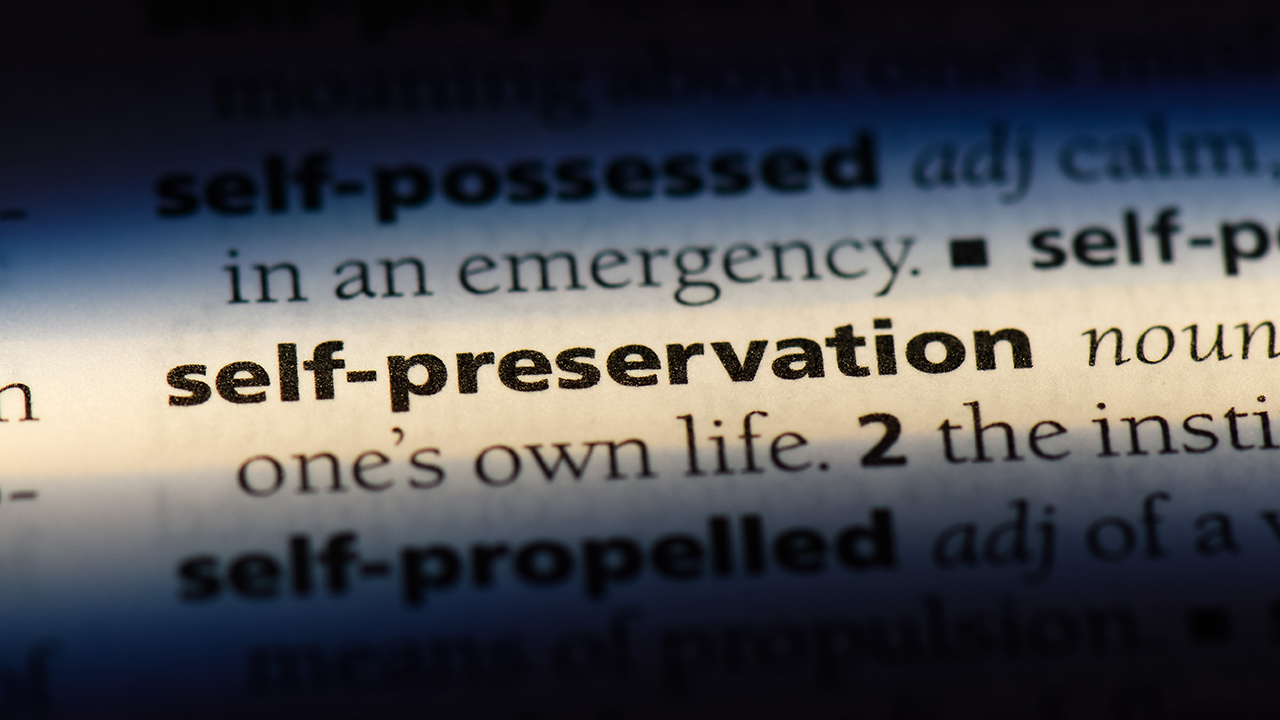Want to listen to this post instead of reading? Play the audio recording below.
Genesis 50:15-17 (NKJV)
15 When Joseph’s brothers saw that their father was dead, they said, “Perhaps Joseph will hate us, and may actually repay us for all the evil which we did to him.”
16 So they sent messengers to Joseph, saying, “Before your father died he commanded, saying,
17 ‘Thus you shall say to Joseph: “I beg you, please forgive the trespass of your brothers and their sin; for they did evil to you.” ’Now, please, forgive the trespass of the servants of the God of your father.” And Joseph wept when they spoke to him.
Self-preservation is when we do things to preserve or protect ourselves from hurt, harm, or destruction. Self-preservation can be good. For example, eating healthy meals to give our bodies the nutrition it needs is a good form of self-preservation.
Self-preservation can, however, propel us to do whatever it takes, lying for example, to protect ourselves.
Let’s go back to the account of Joseph and his brothers in Genesis 50:15-17. With the passing of their father, Joseph’s brothers were now fearful that he would punish them for selling him off into slavery. For example, Joseph could stop providing for them and their children. Their father’s passing could open the door for that to happen.
To preserve themselves, Joseph’s brothers devised a plan to send a message to Joseph that his father, who was now dead, wanted him (Joseph) to forgive his brothers. The brothers knew that Joseph would likely follow the instruction. In so doing, they would benefit from Joseph’s continued provision.
We should know that actions based on self-preservation can also have a negative impact on our spiritual lives. For example:
1. When we go the way of self-preservation, we may trust in self and not God.
Proverbs 3:5 states: “Trust in the Lord with all your heart and lean not on your own understanding; in all your ways submit to him, and he will make your paths straight” (NIV).
2. When we go the way of self-preservation, we may turn away from doing what we should because we feel the personal cost is too much.
Psalm 15:4 states in part: He keeps his word even to his own disadvantage and does not change it [for his own benefit] (AMP).
3. When we go the way of self-preservation, we do not always follow the examples set by Jesus Christ.
Philippians 2:8 states: And being found in appearance as a man, he humbled himself by becoming obedient to death—even death on a cross! (NIV)
As believers, overcoming the worldly tendency for self-preservation will enable us to live lives that please God, even if it means not getting things our hearts desire. We can carry out God’s Will, even if it means losing friendships or acceptance of others.
On our own, we will likely go the way of self-preservation. With God’s help, however, we will come to know how to selflessly choose the higher calling of a life lived in Christ.
Matthew 16:25 states: For whoever desires to save his life will lose it, but whoever loses his life for My sake will find it (NKJV).
Except where indicated, scripture references are from the American Standard Version (ASV), Darby Translation (DARBY), or King James Version (KJV) – all public domain.







